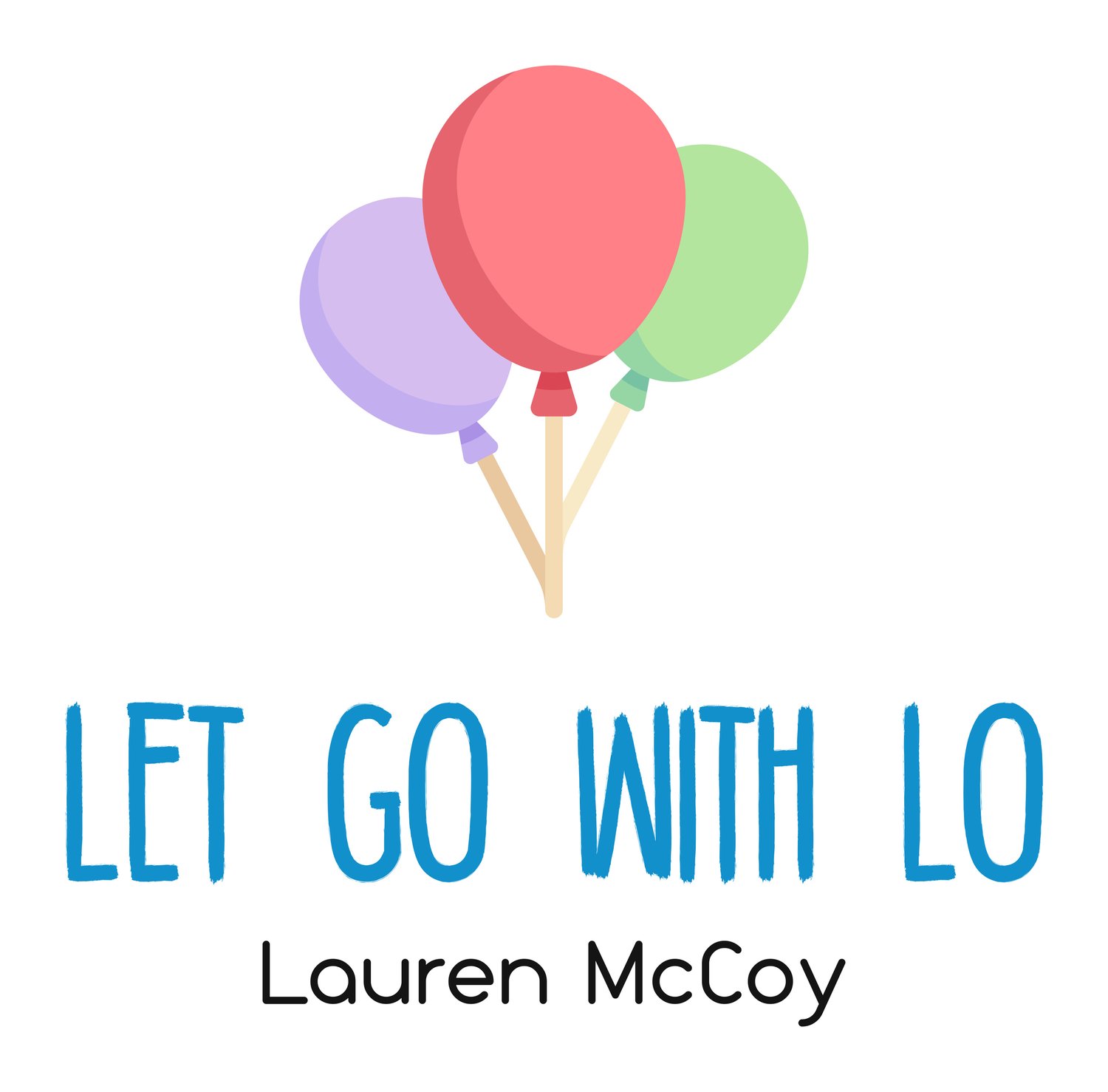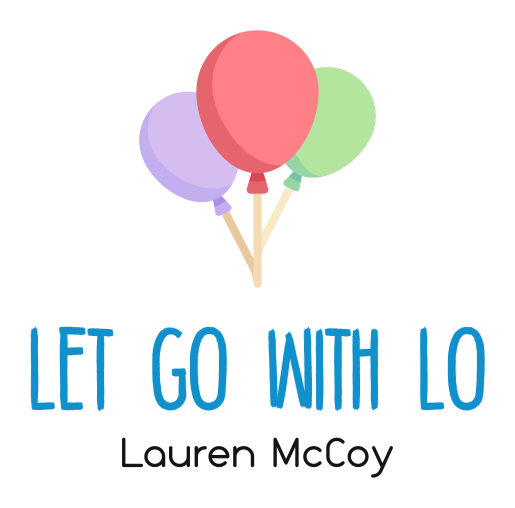Fear of Abandonment
When I share about overcoming codependency, people pleasing, and perfectionism, people often respond with concerns that making these changes will lead to them being disliked, rejected, and even abandoned. If I ask my partner for what I need, they might leave me. If I don’t agree to pick up a shift for my coworker, they might not want to be friends anymore. If I make a decision that my family doesn’t like, they may criticize and reject me.
Additionally, if someone in our life chooses to distance themselves or a partner ends a relationship with us, these situations often trigger this abandonment wound as well. We take these decisions personally and make them mean something about us - about our worth as a person. We believe that others don’t want to be around us because we aren’t lovable or good enough, which further encourages us to engage in people pleasing and perfectionism to earn that approval and connection. And we fear that we will be alone forever, which is scary and painful to consider.
When we have experienced loss in our childhoods from trauma, divorce, death, bullying, moving geographically, or being a peacemaker and/or caretaker from a young age, we often internalize the belief that there is something “wrong” or “bad” about us. We tell ourselves that if only we were better, smarter, kinder, etc., then that person would have stayed. As children, we tend to be very self-focused and believe that we are the cause or reason that everything happens. We don’t have the emotional maturity or understanding to see the big picture or view the adults in our lives as humans with their own flaws and struggles. This abandonment wound can lead us to develop an anxious attachment style. We then spend the rest of our lives (until we heal) trying to earn that love, validation, acceptance, and connection that we lacked in our youth.
One important mindset shift involves the idea that as an adult, you get to choose the people in your life. Who are your VIPs? Do they truly deserve to hold that title? Every person has the right to set boundaries, voice their wants and needs, and take care of themselves. If someone gets mad at you and leaves because of it, consider if they are the type of person you want in your life? It takes trust in ourselves and others that if we lose relationships, we will not be alone forever. We will attract into our lives more supportive people who deserve to be our VIPs. When we treat ourselves with love and compassion, we will find other people that will treat us the same way.
If you’re looking for ways to heal from abandonment fears, I highly recommend inner child healing and reparenting. It will allow you to create a sense of safety and validation from within, recognizing that you automatically deserve love and acceptance. You don’t need to engage in people pleasing or perfectionistic behaviors to prove or earn your worth. Here are some introductory activities to get started in forming a connection with your younger self.
Take 2 minutes daily to ask yourself two questions: How do I feel? Label it with at least one emotion word. A feelings wheel is a great way to get familiar with the wide variety of emotions out there. What do I need? Identify one small need that you have and find a way to fulfill that need for yourself. Maybe you need to stretch your legs, get a drink of water, cuddle with your pet, or text a friend for connection. And if you cannot meet that need in that exact moment, make a plan with yourself for when you will address the need later that day. And follow through with that commitment no matter what in order to build self-trust and self-love.
When you notice your inner critic showing up, pause to acknowledge it without judgment. Let the inner critic know that you hear it and you appreciate it’s help, but you are okay. You can take care of yourself and don’t need the inner critic to keep you safe. Identify and validate any and all your emotions without judgment. Allow yourself to feel anything and everything without censoring yourself.
Find some ways to engage in play, have fun, laugh, and get creative! This practice can be especially helpful if you were a parentified child who didn’t have many opportunities to relax, be silly, and enjoy life without adult responsibilities. Ride your bike, bake a delicious dessert, put on music and dance, fingerpaint, or roll around in the grass with your pet or your kids. Remember that you deserve to feel good and enjoy life!
Speak with kindness and compassion to your younger self when you feel stressed, overwhelmed, angry, or sad. Be your own best friend, cheerleader, and most loving parent. Say to yourself: “It’s okay. We are safe. We can handle this.” Engage in a self-soothing practice that helps you to feel calm, grounded, and present.

